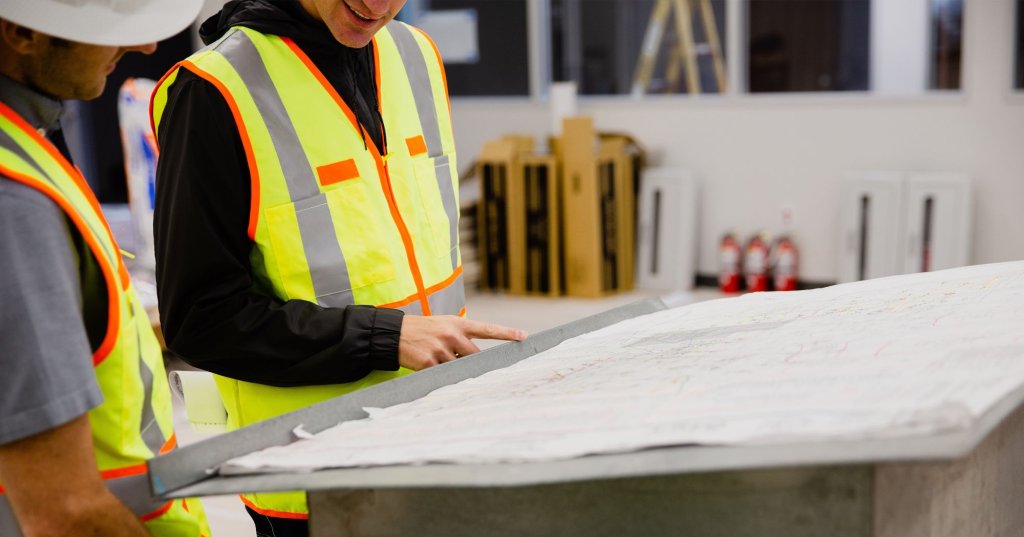This blog is a collaboration with our friends at Billd.
Safety and cash flow are inarguably two of the most important aspects of every contracting company. Without a solid track record for either one, you can’t expect to stay in business very long.
Thankfully, safety and cash flow also work hand in hand. The stronger your cash flow, the easier it is to implement and maintain safe practices on the jobsite.
Here are a few reasons why:
1. Stronger cash flow lets you invest more time and money in training.
Having a healthy cash flow makes it significantly easier to allocate capital toward safety and training. Training is essential—you should never skip or avoid it. But having the financial ability to offer high quality, regular training cannot be understated.
In addition to making your jobsites safer, strong training protocols can also help you recruit and retain talented employees. This can be especially true for contractors whose trades require specialized training and certification. Even if these needs fall outside of “safety”, offering them is highly attractive to employees and potential tradesmen—and a strong option of talented tradesmen is critical for continued business success.
2. It’s easier to keep equipment up to par.
Far too often, once equipment is purchased, it becomes an afterthought. Whether you’re thinking of vehicles, hand tools, or more specialized equipment, it’s essential to jobsite safety that everything is in working order, and well maintained. When cash flow is a challenge, the need to maintain and replace equipment can slip out of mind, purposefully or not.
3. You can hire better employees.
A major advantage of having solid cash flow is your ability to pay high-quality workers. This can mean hiring people with more experience, certain certifications, or just being able to take more time to conduct thorough hiring. As you bring on a more talented and qualified crew, it becomes much easier to hold your teams to higher safety standards.
All in all, a reliable cash flow is essential for maintaining safety on the jobsite, but impacts every area of your business. While establishing a strong cash flow can be challenging, there are a few steps you can take to get there:
Utilize field management software to increase efficiency, safety, and savings on the jobsite.
Send preliminary notices on all of your jobs to stay top of mind with GCs—and increase the likelihood of getting paid on time.
Utilize financing when it can save you upfront costs. Project-based material financing, equipment financing, and labor financing are all worthy options that offer long-term savings by reducing or eliminating upfront costs.
About the author
Jon Katz is the Vice President of Marketing at Billd, a simple payment and finance solution for the construction industry. Jon oversees all marketing activities at Billd, including customer acquisition, demand generation, branded content, and more. Jon lives in Austin, TX (where Billd is headquartered), and he brings an entrepreneurial spirit, self-starter mentality, and passion for life-long learning to his role.
